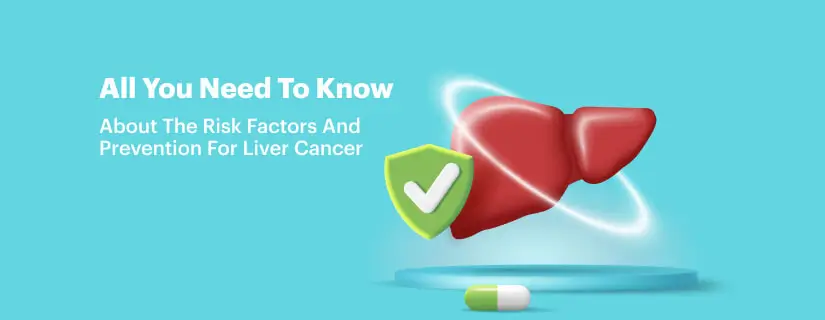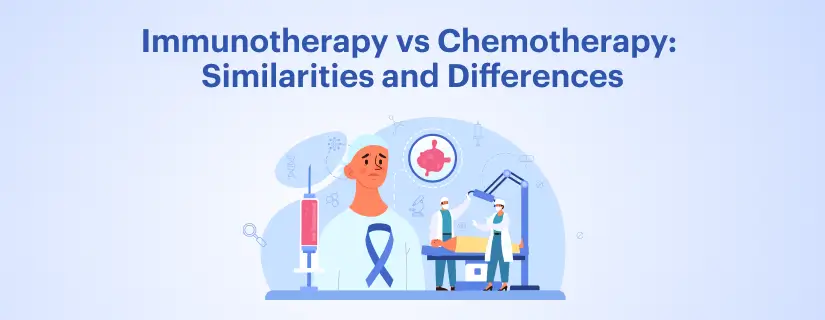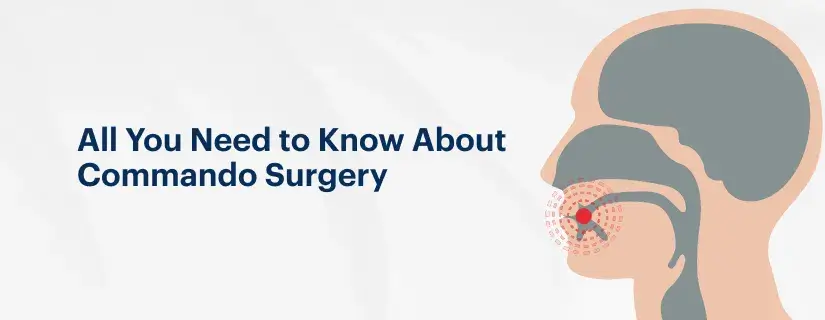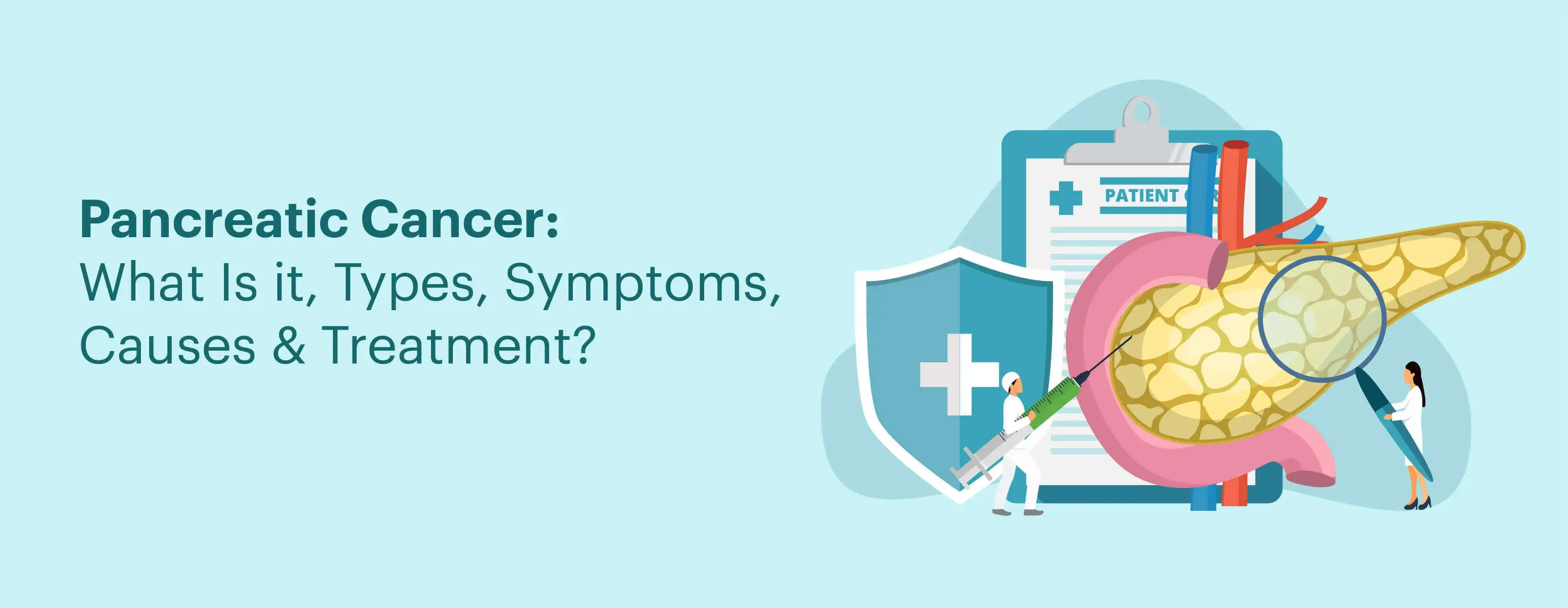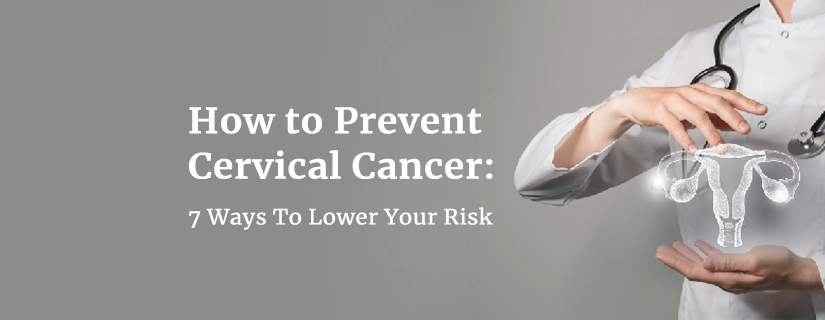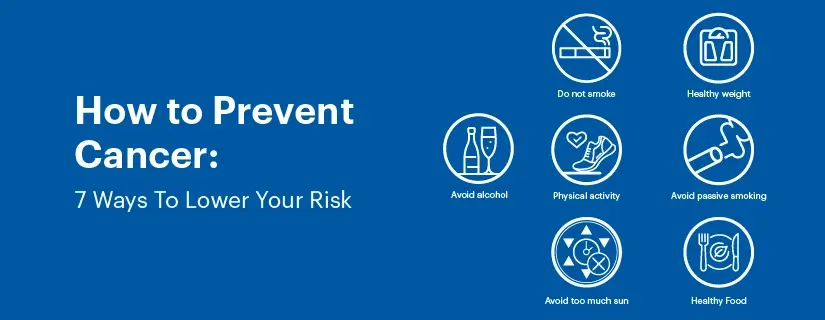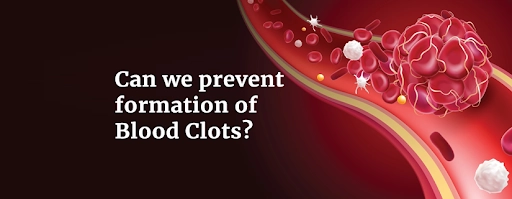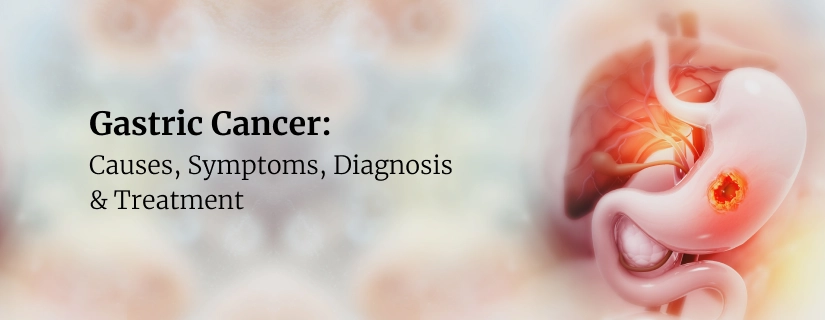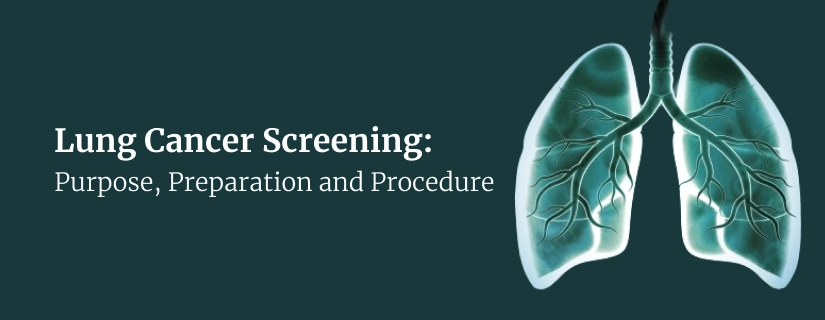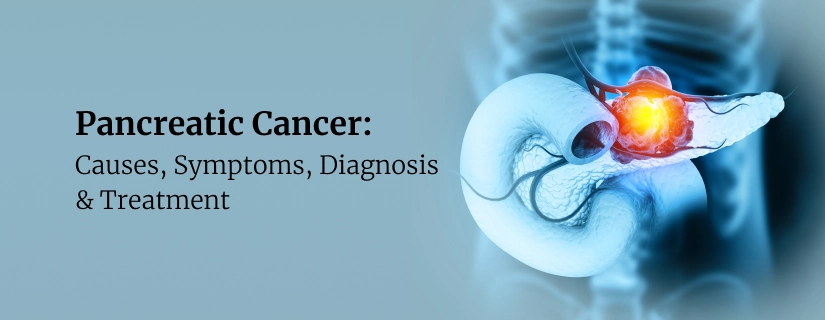-
Doctors
-
Specialities & Treatments
Centre of Excellence
Specialties
Treatments and Procedures
Hospitals & Directions HyderabadCARE Hospitals, Banjara Hills CARE Outpatient Centre, Banjara Hills CARE Hospitals, HITEC City CARE Hospitals, Nampally Gurunanak CARE Hospitals, Musheerabad CARE Hospitals Outpatient Centre, HITEC City CARE Hospitals, Malakpet
HyderabadCARE Hospitals, Banjara Hills CARE Outpatient Centre, Banjara Hills CARE Hospitals, HITEC City CARE Hospitals, Nampally Gurunanak CARE Hospitals, Musheerabad CARE Hospitals Outpatient Centre, HITEC City CARE Hospitals, Malakpet Raipur
Raipur
 Bhubaneswar
Bhubaneswar Visakhapatnam
Visakhapatnam
 Nagpur
Nagpur
 Indore
Indore
 Chh. Sambhajinagar
Chh. SambhajinagarClinics & Medical Centers
Book an AppointmentContact Us
Online Lab Reports
Book an Appointment
Consult Super-Specialist Doctors at CARE Hospitals
5 Signs Your Digestive System Is Not Working Properly
Updated on 21 February 2020
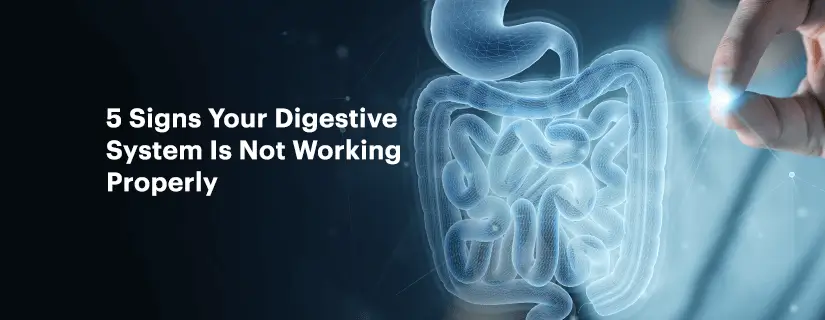
Table of Content
The digestive system is a complex and wide-ranging part of the body. It spans from our mouth all the way to the rectum. The main function of the digestive system is to get rid of waste and help the body absorb important nutrients and minerals. Some symptoms of digestive problems may include food intolerance, upset stomach, and weight change.
Our gut is vital to our overall health and is linked to our immune system, mood, mental health, autoimmune diseases, endocrine diseases, skin conditions, and cancer among other things. Doctors at CARE Hospitals, one of the best gastroenterology hospitals in Hyderabad, stress the importance of taking care of the gut, as it is the gateway to your health. A majority of illnesses and diseases emerge in the gut, which is a key component of the digestive system. Irregularities in its functioning are the most common sigh of our digestive system not working properly.
Signs and Symptoms of Digestive Problems
Given the varied organs involved and the multiple roles played by our digestive system, maintaining its health is vital. Some signs that suggest an unhealthy gut and should not be ignored are:
- Upset stomach: Stomach disturbances like gas, bloating, constipation, diarrhoea, and heartburn are all signs of an unhealthy digestive system. These signs are enough to schedule an appointment at the best gastroenterology hospital in India. All these cater to difficulties in digesting food and eliminating the waste from our bodies. When your digestive system is healthy, none of these would disrupt your daily functioning.
- Unintentional weight change: Gaining or losing weight involuntarily can be a sign of a disruptive digestive system. An unhealthy digestive system can impair your body’s ability to absorb nutrients, store fat and regulate blood sugar. Insulin resistance or the urge to overeat due to decreased nutrient absorption might cause weight gain. On the other hand, weight loss may be a result of bacterial overgrowth in the small intestine.
- Sleep disturbances or constant fatigue: Sleep disturbances such as insomnia or poor sleep might lead to chronic fatigue. A major part of the body’s serotonin, a hormone that affects your sleep and mood, is produced in the gut. Any gut damage can impair your ability to sleep well.
- Skin irritation: Skin conditions such as eczema could be a result of an unhealthy digestive system. Food allergies or poor diet-related gut inflammation might result in the leakage of certain proteins in the body. These proteins irritate the skin and lead to skin allergies or diseases.
- Food intolerance: If your body seems to act weirdly after eating certain foods, your gut may be intolerant of what you put in your stomach. Celiac disease is a type of food intolerance that causes digestive problems when you eat gluten.
If you notice any such signs, immediately consult your doctor or gastroenterologist in Hyderabad. The earlier the detection of an irregularity in your system, the faster the recovery.
FAQS
1. What happens when food is not digested properly?
Ans. When food is not digested properly, it can cause stomach discomfort like bloating and abdominal pain, lead to nutrient deficiencies and malabsorption, resulting in diarrhoea or constipation, weight changes, nutritional imbalances, disrupt the gut microbiome, and affect overall health and immune function. Seeking medical advice is important to address chronic digestive issues.
2. What happens when the digestive system is not working properly?
Ans. When the digestive system isn't functioning properly, it can lead to gastrointestinal discomfort, irregular bowel movements, food intolerances, and weakened immune systems. It's important to see a doctor for a proper diagnosis and course of therapy for the underlying problem.
3. What are the ways to prevent digestive problems?
Ans. Following are the ways to prevent digestive problems:
- Eat a balanced diet with fruits, vegetables, whole grains, lean proteins, and healthy fats.
- Stay hydrated by drinking enough water.
- Chew food thoroughly before swallowing.
- Limit processed and fatty foods.
- Manage stress through exercise and relaxation techniques.
- Engage in regular physical activity.
- Avoid smoking and excessive alcohol consumption.
- Seek medical advice for persistent or severe digestive problems.
4. What are the symptoms of the digestive system not working?
Ans. The symptoms of the digestive system not working properly are:
- Bloating
- Constipation
- Diarrhoea
- Heartburn
- Incontinence
- Nausea and vomiting
- Pain in the belly

ENQUIRY FORM
SELECT CATEGORIES
-
Neurosciences (16)
-
Neurology (37)
-
Neurosurgery (14)
-
Orthopaedics (48)
-
Oncology (33)
-
Obstetrics and gynecology (52)
-
Pulmonology (23)
-
Urology (20)
-
Nephrology (13)
-
Psychiatry (7)
-
Dietetics and Nutrition (111)
-
General Medicine (63)
-
Cardiac Sciences (32)
-
Vascular & Endovascular Surgery and Interventional Radiology (15)
-
Gastroenterology (46)
-
Endocrinology (23)
-
Plastic Surgery (10)
-
Critical Care Medicine (5)
-
COVID-19 (16)
-
Dermatology (16)
-
Emergency Care (1)
-
Ophthalmology (4)
-
Pediatrics (14)
-
Laparoscopic and Bariatric Surgery (8)
-
ENT (15)
-
Kidney Transplant (1)
-
Liver Transplantation and Hepatobiliary Surgery (5)
-
General Surgery (3)
-
Internal Medicine (5)
-
Medicine Information
Radiation Therapy in Cancer Treatment: All You Need To Know
Breast Cancer: Signs, Symptoms, Types, Stages, Diagnosis and Treatment
YOU MAY ALSO LIKE
RECENT BLOGS
-

Preterm Birth (Premature Birth): Symptoms, Causes, Treatment and Prevention
13 May 2025
Read More
-

Rotablation Angioplasty: Benefits, Treatments, And Recovery Time
9 May 2025
Read More
-

What Is The Difference Between IUI and IVF?
9 May 2025
Read More
-

Venous Malformations: Causes, Symptoms, and Treatment
30 April 2025
Read More
-

Varicose Vein Foam Sclerotherapy: Treatment, Benefits, and Procedure
30 April 2025
Read More
-

Radiofrequency (RF) Ablation Treatment for Varicose Veins: Know More
30 April 2025
Read More
-

Varicose Vein Sclerotherapy: Treatment, Benefits, and Procedure
30 April 2025
Read More
-

Varicose Vein Endovenous Laser Ablation: Procedure, Benefits, Risks
30 April 2025
Read More
Have a Question?
If you cannot find answers to your queries, please fill out the enquiry form or call the number below. We will contact you shortly.





